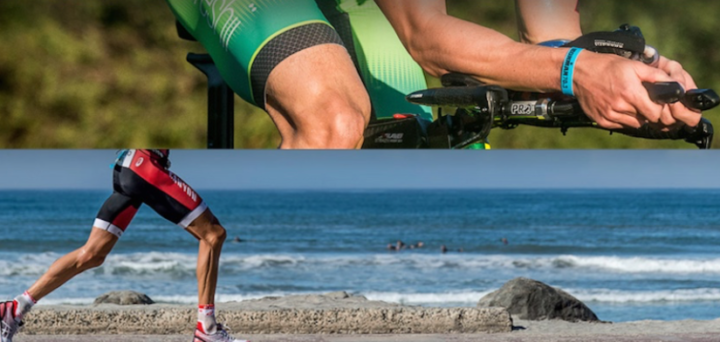
I’m often asked why I have triathletes do their long runs on Saturdays and their long rides on Sundays. That’s a good question because the way it’s usually done is just the reverse—with a long bike ride on Saturday and a long run on Sunday. So, let me explain why I reverse them.
The most common reason triathletes miss training or even a race is injury, especially from running. One of the common causes for a running injury is running when chronically fatigued. There is simply too much stress for the legs to handle. The legs are really tired and still the athlete pushes to get in a long run. This is likely to occur when you ride long on Saturday and then run long on Sunday. You escalate the fatigue. Most do it because they think the bike-run weekend pattern prepares them for what they will be dealing with in the race—fatigue when they start the run.
But there are two broad categories of fatigue—chronic and acute. Acute is what you experience when you run immediately after a ride, especially a long one. That is what you do in a race. It’s not too bad (it can be a problem for some, though). Chronic fatigue (fatigue that occurs the day after a previous stressful workout) is the real problem. This is not a simulation of the race at all. Fatigue is unlikely to be chronic in a race, unless you did a taxing workout the day before, which is uncommon. Otherwise, it’s only acute in the race.
By doing the long run on Saturday you will be doing it with fairly fresh legs, assuming the day before was short and low intensity. That will greatly reduce your risk of injury. The long ride on Sunday is not likely to increase your risk of injury as riding on chronically tired legs is not nearly as risky as running on chronically tired legs.
If you are one of those rare runners who never gets injured, then you can probably do this any way you want.

You must be logged in to post a comment.